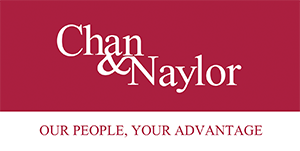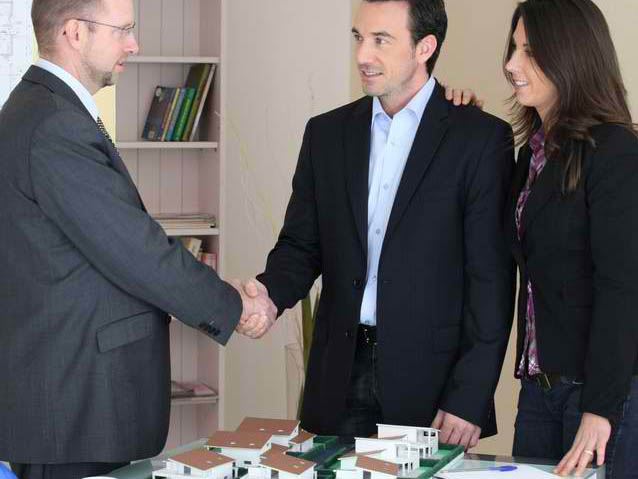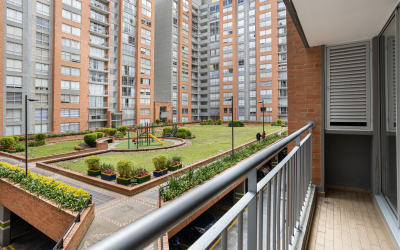There are a lot of comments made that are either untrue or wrong or made due to a misunderstanding but they evolve into rumours that confuse. Just as its wrong to say that everyone needs a Trust it’s also wrong to say that no one needs a TRUST.
There are many different types of Trusts in the market place and they all do different things.
We find that around 60 percent of people who come to see us will need some form of a Trust. Some will need a Discretionary Trust, some will need a Unit Trust, some will need a Hybrid Trust and others may need a Property Investor Trust® (PIT). Some may need a Company. Around 40 percent of people do not need a Trust at all and another solution is better. It just depends on what you are trying to achieve and what your circumstances are.
Everyone’s circumstances are different and depending on your circumstances and what you are trying to do, will determine the right type of Trust for you.
It’s best to get assessed properly by a qualified person because its near impossible to give proper advice if one does not know the persons full circumstances.
For example if you need asset protection, then a Business Enterprise Trust(TM) or a Discretionary Trust is great, but if the property is negatively geared than that is the wrong Trust to use, because it quarantines the losses within the Trust and you cannot offset the losses against your wages.
In this case a Hybrid Trust would be much better but there are many different types of Hybrid Trusts sold by Accountants and Lawyers.
Some Hybrid Trusts are not appropriate as has been highlighted by the recent Tax Alerts which basically state that “the Uncommercial Use of Trusts are not permitted” and that applies to ALL Trusts and not just Hybrid Trusts.
However the Tax Alert has also confirmed the fact that the “Correct and or Commercial Use of Trust’s are fine”
The ATO released a Tax Alert because a lot of Accountants were using their Hybrid Trusts uncommercially and this is understandably not right. Commerciality means one must enter a deal with the intention to make a profit or get “a return on your investment”.
For example the reason why the ATO allows you to claim the negative gearing and give you a tax benefit year upon year is because someday in the future, the property will either become positively geared (in which case you will need to pay income tax) or it will be sold and capital gains tax will be payable. They get their money sometime in the future.
Some accountants drafted up their Trusts in such a way that the taxpayer never made a profit and hence never paid tax. One would not invest into something that never made money. This is uncommercial. As stupid as this may sound some Trust Deeds are written this way. These are the ones that attracted the ATO’s attention and rightly so.
Further the other problem with most Trusts of any form is that they have a “Vesting Date” meaning after a certain period of time, the Trust “dies” or “dissolves” and the assets (such as property) sitting in the Trust gets passed onto the beneficiary automatically. This triggers capital gains tax and stamp duty to the beneficiaries.
The Chan & Naylor Property Investor Trust® Deeds do not have a Vesting Date and goes on forever similar to how a Company operates.
It also allows the negative gearing to be claimed in the individuals name so they can claim it against their wages and get a refund back. Unlike a Discretionary Trust where the losses are trapped inside the Trust.
Also, most Hybrid Trusts do not give you asset protection because the Units issued to the unit holder is considered an asset and a creditor could force the unit holder to liquidate those assets and the creditor would than get their hands on the cash.
However the Chan & Naylor PIT’s® do not allow the unit holder or creditor to liquidate the units. Hence it offers asset protection.
The PIT® also gets you a land tax threshold in most States (not in NSW) which means once you have used up your land tax threshold buying further properties in a PIT® will save you thousands of dollars in land tax.
Hybrid Trusts have been around for around 30 years and because the ATO had been silent in the past it allowed variation of the Trusts to evolve. We have seen some Hybrid trusts allow the interest to be fully deducted in one unit holders hands (the higher tax payer) whilst distributing all the rental income to another person (usually the spouse on the lower tax rate). This is clearly uncommercial and is exactly what the Tax Alert has targeted.
There are times when you need to buy a property in your name such as to get the land tax threshold in NSW but one could also get asset protection by registering an Equity Bank Trust™
There are many different ways to skin a cat depending on what you are trying to achieve.
Many people do not need asset protection and therefore this strategy is not appropriate to them.
The solution is different depending on your circumstances:
For example if you did not want to pay land tax in NSW and you have a business run through a Business Enterprise Trust than you could buy the property held in a Company and although the losses are quarantined in the Company and the Company does not qualify for a 50% CGT discount, it does qualify for a land tax threshold, which will save you around $6,000 pa in land tax in NSW once you have sufficient properties that you have used up your personal threshold.
The Business Enterprise Trust™ would distribute the business profits to the Company to soak up the losses (negative gearing) and even though you do not get a 50% CGT discount and you pay 30% its only 7% more than in your individual name (23% after CGT discount). However tax paid by a Company is franked and you can reclaim these credits later.
In other words sometimes in the future after you have retired and your tax rate is less than or equal to 30% you can “live off” the sales proceeds and pay no tax and even get a refund from the ATO if your retired tax rate is less than 30%.
The point is, everyone’s circumstances are different and requires different solutions and it generally takes around 1 to 2 hours to get all the facts. Self diagnosis is not recommended and its best to see a qualified person who specialises in this area. Mistakes are costly. If you buy the property in the wrong name than the stamp duty alone is in the tens of thousands to transfer it to the right entity.
However one would not set up any structure unless the benefits outweighed the costs. In assessing your needs your accountant would also work these out for you and unless your NET benefits are in your favour you would not go ahead.
The whole idea of Trusts such as PIT’s® and other structures is to bring a NET BENEFIT to you. This is naturally part of the process we go through with our clients and should be part of the process your accountant go through with you.
For example IF it costs you $8,000 p.a. but you save $15,000 p.a. in tax or other benefits and some could be land tax etc than one would certainly consider it because the net benefit is $7,000pa.
It’s prudent to go and see your Accountant and ask him to work the net benefits to you so you can make an informed decision.
It’s very easy to simply focus on the costs and lose sight of the bigger picture.
The PIT® or Property Investor Trust® has been developed for property investing and eliminates the problems associated with the using the other Trusts for property investing such as Discretionary, Unit and Hybrid Trusts.
Apart from the benefits as listed above the most important one is that it has an approved ATO Product Ruling (PR2014/15; formerly PR2011/15) so when using the PIT® you can be assured if used correctly that the tax deductions are allowable. PIT® Deeds sold prior to either the ATO Product Ruling PR2014/15 1st July 2014 or PR2011/15 27th July 2011 will require an appropriate amendment for certainty of tax deductability.
If you would like a consultation to discuss your situation and any of these strategies, please contact Chan & Naylor where you will be able to arrange a suitable time to meet with a Chan & Naylor Consultant at your preferred office. We are located Australia-wide including Melbourne, Sydney, Brisbane, and Perth.





